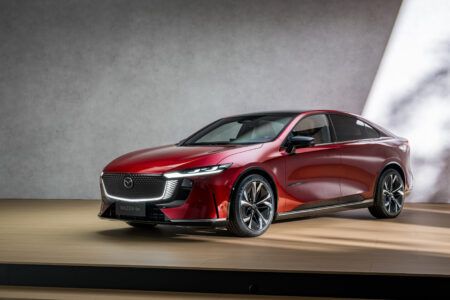Good news and great relief for current and future electric vehicle owners as the UK government has announced that it will allocate £532m for consumer incentives as part of the 2020 budget.
The news means that the government will extend the electric vehicle grant and also money will be still available for its domestic charging subsidy. The government will provide £403m for the plug-in car grant (PICG), extending it to 2022-23. It also will also provide £129.5m to extend the plug-in grants for vans, taxis and motorcycles to 2022-23.
Starting March 12, 2020, those making the switch to electric cars will be eligible for a grant of up to £3,000.
The plug-in car grant scheme has been in place since 2011 to support the uptake of ultra-low emission vehicles. The grant rate was originally set at £5,000 for all eligible ultra low emission cars. In 2018, the grant was changed to focus on zero-emission cars. The PICG has supported over 200,000 ULEVs of which over 100,000 are zero emission vehicles (ZEVs).
To date, the plug-in car grant has provided over £800 million to support the early market for ultra-low emission vehicles, which now represent almost 6% of the new car market. Of this, over £450 million was spent on ZEVs, which now represent almost three percent of the new car market.
Zero-emission cars priced below £50,000 will be eligible to receive a grant of up to £3,000, other vehicle grant schemes include support for vans (up to £8,000), large vans and trucks (up to £20,000), taxis (up to £7,500) and motorbikes (up to £1,500).
The budget also has continued to support the electric vehicle home charge, workplace charging and residential chargepoint scheme for another year, however has seen a reduction in how much each individual can get towards the cost of installing a chargepoint.
As from the 1st of April 2020 the grant for these schemes will be set at £350 towards the cost of purchase and installation of a chargepoint at home through the electric vehicle homecharge scheme, and £350 towards a chargepoint socket at work through the workplace charging scheme. This is a reduction from £500 to £350.





